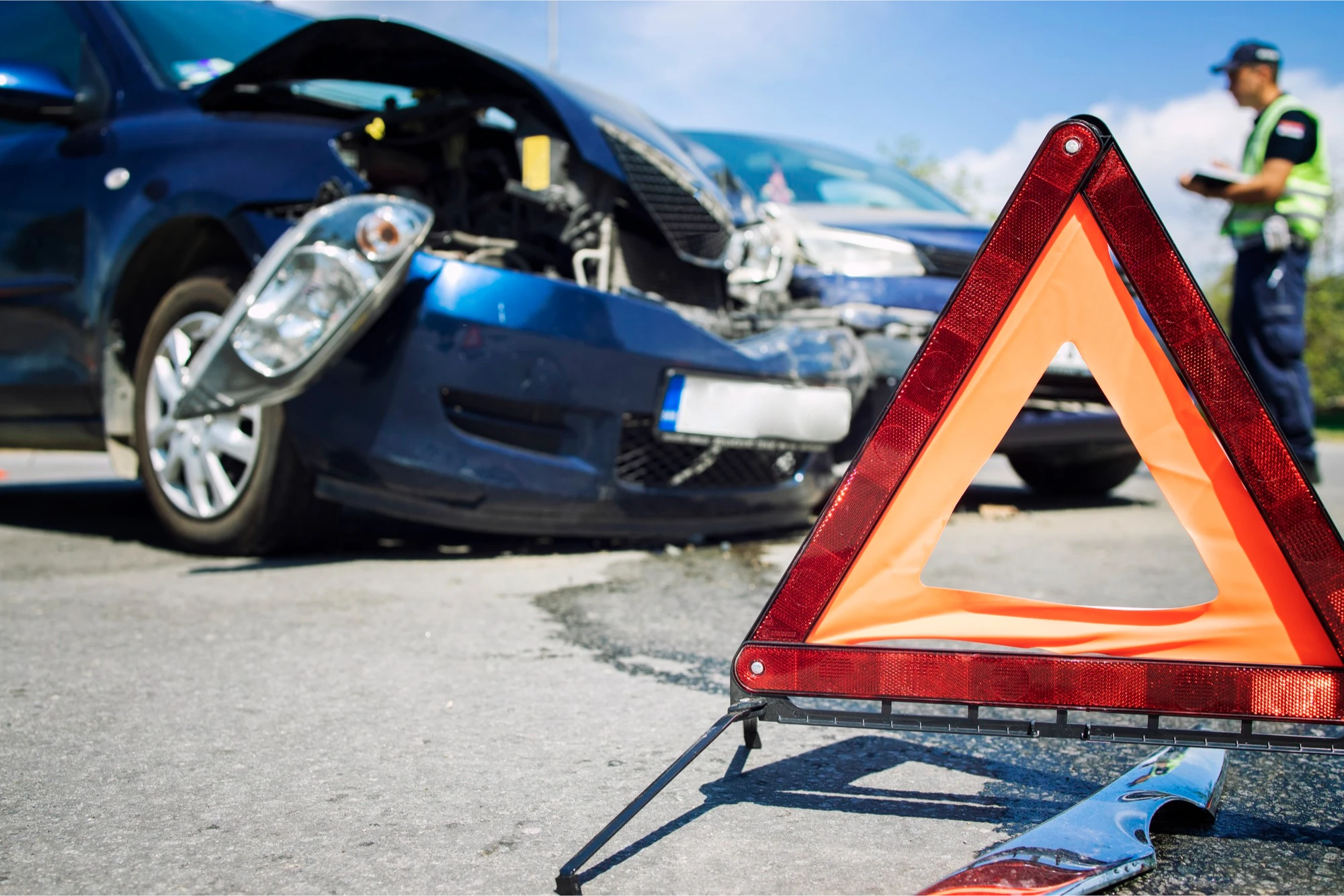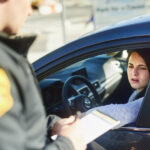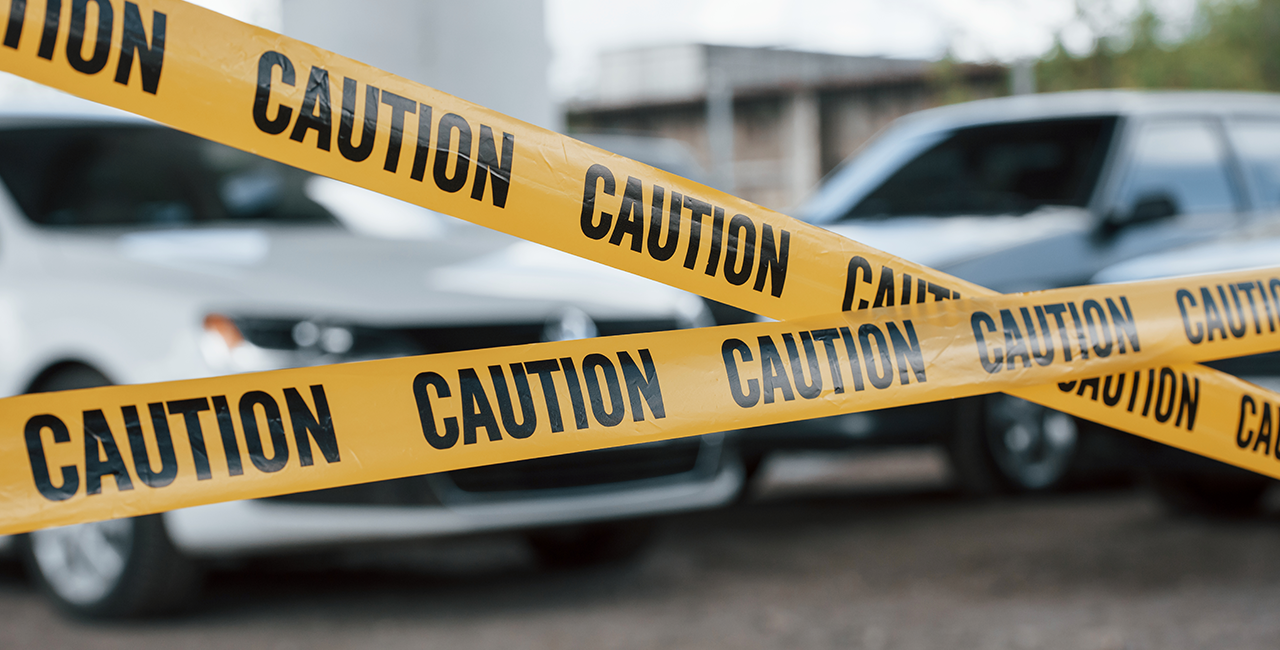Can I Sue a Rideshare Company as a Driver on the Road
Rideshare platforms are part of our daily life in today’s transportation scene. But have you ever thought about what if a rideshare goes wrong because your driver has an accident?
Many people think about what they can do legally and if they can get money from the rideshare company.
This blog post delves into the generalities of such a lawsuit. This post covers everything you need to know before filing a lawsuit against a ridesharing company and how a rideshare accident lawyer at Mokaram can help you.
What To Do When You Have Accident With a Rideshare Company’s Car?
Ensure Personal, and Other’s Safety

The priority in any car accident is safety. Follow these steps to ensure that no further damages occur after an accident:
Shift to a Safe Location
If your vehicle is blocking traffic, it must be moved to a safe location, like the side of the road or a nearby parking lot.
Activate Hazard Lights
Activate your hazard lights to warn other drivers of an accident and create a visible alert. Indicate that they should reduce speed and approach the scene cautiously.
Check for Injuries
First, check for injuries among all parties. This includes you, your passengers, and the rideshare driver.
If there are injuries, call for medical assistance immediately by dialing emergency services.
Gather Relevant Information
At a rideshare accident scene, gathering detailed information is important. It helps figure out how the crash happened and who is at fault.
Gathering relevant information establishes good communication. It helps with insurance claims and legal action.
Exchange Information With the Driver
Start by sharing your details with the rideshare driver involved in the accident.
Specifically, you need its complete name, phone number, and address. Record the details from their driver’s license or rideshare app profile accurately.
Then, you need to obtain the rideshare driver’s insurance information. This includes the name of their insurance company and the policy number.
If law enforcement is present, obtain the officers’ names and badge numbers, as well, and ask them for a copy of the police report or information on how to obtain one later.
Don’t Forget to Document The Scene

It is important to capture the whole accident scene because it will help you file a lawsuit against the ridesharing company.
Follow these steps to document the accident scene:
Capture Environmental Conditions
Note the weather, how well you can see, and anything around that might have caused the accident.
Documenting these details can help establish the context of the incident.
Skid Marks and Debris
Photograph skid marks on the road and any debris resulting from the collision.
These details help figure out what happened, how fast, and at what angles things hit.
Traffic Signs and Signals
Include photographs of relevant traffic signs, signals, and road markings.
These details may be crucial in establishing the right of way or identifying traffic violations.
Contact Law Enforcement
If there are injuries or significant property damage, call emergency services immediately. Even if the accident appears minor, file a police report.
Understanding The Rideshare Company’s Liability
Knowing rideshare liability is imperative for any user or person associated with a rideshare service.
The liability framework in ridesharing is complex and varies based on what the rideshare driver does at the time of an accident.
Here is a more detailed look at the different phases of a rideshare trip and how liability is generally handled.
Offline/Personal Use
For periods of time when a rideshare driver is not utilizing the app for rides, rideshare companies signify that driver as “in personal use.”
During this phase, the driver’s auto insurance is the primary source of coverage. Rideshare companies are typically minimally involved in this situation; the driver is technically not acting on their behalf.
App Open but Not on a Ride
The situation becomes more nuanced when the app is on, but the driver is not on a trip. Most rideshare companies provide contingent liability coverage during this phase but to a lesser degree than when a driver is on a trip.
En Route to Pick Up a Passenger or During a Ride
This is the phase where rideshare companies offer the greatest amount of coverage. When a driver accepts a ride request and is on the way to pick up a passenger or during a trip, rideshare company policies are in full effect.
Under What Consequences Can You Sue a Rideshare Company?
Whether or not you can sue a rideshare company depends on specific factors and legal grounds.
Rideshare companies typically treat their drivers as independent contractors. However, there are situations where it could be appropriate to sue the company itself.
Driver’s Negligence
If a rideshare driver’s carelessness or recklessness causes an accident resulting in injury or property damage, you may have grounds to sue the driver and the company.
Inadequate Driver Screening
Rideshare companies are required to vet their drivers. A company could be legally responsible if it neglected required background checks if a passenger was harmed.
Insufficient Driver Training
Rideshare companies are also expected to train their drivers properly. If the accident occurred because the rideshare company failed to train their drivers efficiently, it could be grounds for suing the company.
Fault in The App
The company might be held responsible if an accident is caused by a malfunction in the rideshare company’s app. This includes faulty mapping or app glitches.
Failure to Ensure Passenger Safety
If a rideshare company neglects to implement reasonable measures to ensure passenger safety, leading to harm or assault by a driver, the company may be liable for inadequate security measures.
Insurance Coverage Issues
If the rideshare company fails to provide sufficient insurance coverage for accidents involving their drivers, passengers may have a basis for legal action.
What Steps a Ridesharing Accident Lawyer Follow To Sue a Ridesharing Company?
You need a reputable lawyer when you have been involved in a ridesharing accident and want to sue the company. They can help you fight for the compensation you deserve.
Here is how our attorney will work to help you in your case:
Initial Consultation
The first thing your rideshare accident lawyer will do when you begin working with them is to conduct an initial consultation.
It will help them gather the fundamental information essential for any accident case.
This includes details regarding the date, time, and location of the incident, the names of the ridesharing company, and the driver. The lawyers also collect the insurance information for everyone involved in the crash.
Gathering Evidence
After the consultation, your lawyer will gather evidence to support your case.
It involves contacting the local police department to request a copy of the official police report. They also collect witness statements and your medical records.
Gathering evidence also involves collecting video surveillance that might have recorded the crash scene.
Determining Liability
Another important step your rideshare accident lawyer will take in your case is determining who should be liable for your damages. Mokaram’s ridesharing accident lawyers are experts in establishing legal grounds to hold the company liable for the losses you face.
Takeaway
There are a number of complex legal processes involved in suing a rideshare company if an accident occurs. If you or your loved ones were involved in an accident using a ridesharing service, then you need an experienced lawyer.
Mokaram Law Firm offers top-of-the-line ridesharing accident lawyers that help maximize your chances of getting full compensation for your losses. Contact us today at 281) 609-9224, and we will help you connect with an experienced lawyer to help with your case.
Recent Posts
-
 21 Feb 2025Is a DUI or DWI Considered a Felony?
21 Feb 2025Is a DUI or DWI Considered a Felony? -
 21 Feb 2025How Long Does a Speeding Ticket Stay on Your Record?
21 Feb 2025How Long Does a Speeding Ticket Stay on Your Record? -
 18 Feb 2025Delta Plane Crash at Toronto Pearson Airport: Bombardier CRJ900 Overturns
18 Feb 2025Delta Plane Crash at Toronto Pearson Airport: Bombardier CRJ900 Overturns -
 13 Feb 2025Is It Illegal to Drive Without Insurance in Texas?
13 Feb 2025Is It Illegal to Drive Without Insurance in Texas? -
 13 Feb 2025How Self-Driving Cars Could Increase Accidents
13 Feb 2025How Self-Driving Cars Could Increase Accidents -
 30 Jan 2025Washington, D.C. Plane Crash: Investigation Underway Following Collision with Black Hawk Helicopter
30 Jan 2025Washington, D.C. Plane Crash: Investigation Underway Following Collision with Black Hawk Helicopter -
 22 Jan 2025How Do People Who Text and Drive Get Punished in Different States?
22 Jan 2025How Do People Who Text and Drive Get Punished in Different States? -
 22 Jan 2025Do Pedestrians Have the Right of Way?
22 Jan 2025Do Pedestrians Have the Right of Way? -
 20 Jan 2025Are Radar Detectors Legal? Everything You Need to Know About Radar Detector Laws
20 Jan 2025Are Radar Detectors Legal? Everything You Need to Know About Radar Detector Laws -
 20 Jan 2025What Age Can You Get Your Driver's License in Texas?
20 Jan 2025What Age Can You Get Your Driver's License in Texas? -
 07 Jan 2025Legal Help for Families Affected by Jeju Air Flight 2216
07 Jan 2025Legal Help for Families Affected by Jeju Air Flight 2216 -
 17 Dec 2024Is Lane Splitting Legal in Texas?
17 Dec 2024Is Lane Splitting Legal in Texas?




